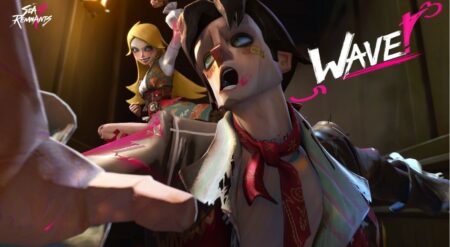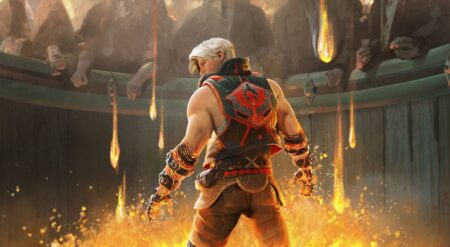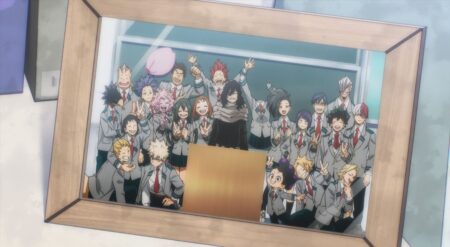Jeonghee Jin, better known as JJ, has had a long career in video games. Having held a CEO position at Kakao Games USA, Pearl Abyss America, and now NC America (a subsidiary of NCSoft), JJ’s career in video games, MMOs, and, more specifically, introducing North American audiences to Korean video games is impressive. With the current Hallyu wave pulling even more Korean media into North American life, her visibility as a key figure, as knowledge of South Korean culture expands from dramas and music into more widely played video games, is vital.
JJ was a key figure in expanding Black Desert Online to North American players while at Pearl Abyss America, and now, with the company’s recent launch of Blade & Soul Neo, she’s looking to everything she’s learned to highlight the path forward for mores successes at NC America. During GDC, we spoke with JJ about her path into the gaming industry, the way that North America has embraced Korean culture and media, and what’s next for NC America now that Blade & Soul Neo has launched.
As a website, we’ve invested a lot into covering Korean media in television and film beyond the confines of viral series or Oscar-nominated films. And with that perspective also comes an understanding that access to international media is easier now than ever before. With companies like Pearl Abyss, Neowiz, Nexon, and JJ’s NC America, video games are following the path. But to JJ, this isn’t new; it’s a path that was paved before the last five years, even when titles weren’t considered a success.
When asked about how K-content has grown in global audience reception in recent years, JJ started by explaining that this was a subject she could spend an entire day talking about. Because for her, as a woman from Korea, [and] as a Korean CEO, it meant a lot to her. She explained, “I’m actually very proud. I was born in Korea, grew up there, [and] studied there. I also worked there for six years before I moved to the States. I spent 30 years of my entire life there, and in 2008—even if back then is only 17 years ago—I thought Korea was really nobody here in the States.”
With a slight laugh. JJ added, “I’m exaggerating a little, but Japan was [probably] more culturally well-known in terms of video game content, and even [J-pop] was more popular back then. I mean, when I said, ‘I’m Korean’ or ‘I’m from Korea,’ I could tell people weren’t really interested. And it’s not a bad thing or a good thing. It’s just how it was. And now, I say that I’m Korean, and I get so many questions.”
But while JJ takes pride in K-content’s flourishing in recent years, she also notes that there has been a lot of work to make K-content globally. Reflecting on her own journey, which began 17 years ago in the States, she explained that it was difficult for Korean bands to find success. Where K-pop is a globally dominant culture wave now, it wasn’t an easy path, and in her words, “not many people really know those stories.”
JJ continued, “I think one of the first, like really popular Korean singers was Psy, with Gangnam Style. So people will say, ‘Thanks to Psy, Korean pop made its way to the Western market, but I know that there were many people who tried hard before him. It’s the same with Korean dramas and movies. There are so many stories where they hit big before games. That said, there have also been a lot of Korean games that are were running and [making an impact].”
It isn’t just the most well-known who pave the way; it’s everyone who steps foot on the path.
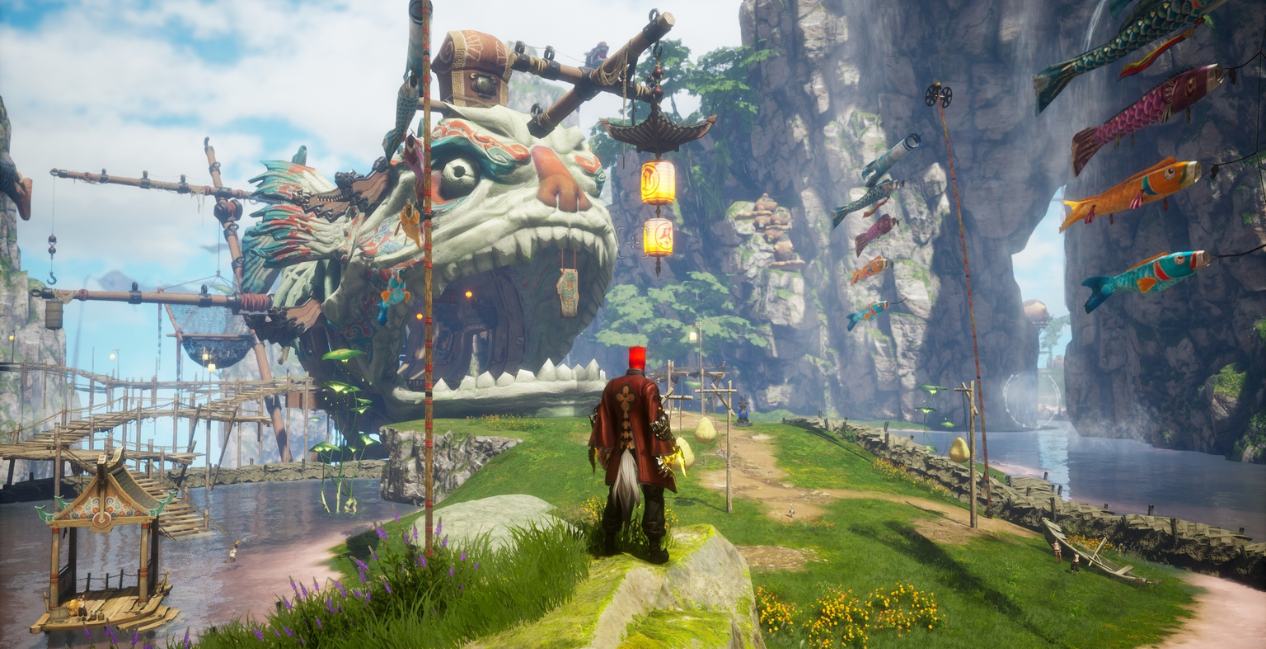
As the conversation switched to video games specifically, JJ mentioned a concept that many K-pop fans use when they want to give praise to their favorite bands or refer to some of those who had hard-won big firsts. Whether it be Grammy nominations, headlining US music festivals, or even quoting how they’ve left an impact for other Korean artists in a Megan Thee Stallion song, “paving the way” is a concept with meaning. But for JJ, it’s not just those big wins that define trailblazing for others in new markets. It’s every single one that tried.
JJ explained, “For the past five years, you can name more Korean games that have actually [made it on] the global scene. I think a lot of Korean companies, like ourselves at NCSoft and NC America, have tried to pave the way for those who came after us. We didn’t do it on purpose, but we were ambitious, and actually, we thought, ‘We’re gonna do it’ or ‘Our games are gonna really big,’ but somehow it didn’t work as well as we hoped.”
“But even then, we also had some good results. But even with those people [thought], ‘your business is a lot stronger in Korea and Asia.’ But I think when we see 20 years or even 10 years from now, we have made a lot of progress,” she continued.
That said, while media and pop culture may be entirely focused on distinguishing media by region, JJ called out the truth that it’s ultimately universal. “I think this is the same with other [entertainment] industries like K-pop or K-drama and K-movies. When it comes to [media], I believe that the origin of the country or region really doesn’t matter. And it’s very clear, even more so these days when I look at younger generations, they really consume whatever content they just think is fun.”
JJ added, “It’s a little different from my childhood. I can tell more and more that there is a young generation that’s ready to embrace [any entertainment] regardless of their nationality or even the language. I think this is the same for games. If any developer really wants to try to make something, they need to really think, ‘Is it fun?’ If the answer is yes, there is a good chance that there are players in other countries who share the same appetite and taste in games. In some cases, I think there is a better chance that you know their games can actually do better outside of their own country. I think video games are probably getting to that moment right now. I’m pretty sure there are going to be more Korean games, I’m sure, they’re gonna be loved by Western players.”
I mentioned here where I started engaging with Korean entertainment. It was RAIN and his English crossover for the Ninja Assassin film. JJ laughed. Despite how large Rain is globally now and his indisputable status as an icon, especially with his performance at Korea’s Blue House, he was considered a failure when he tried to crossover.
JJ explained, “There were a lot of people, including RAIN, who were [considered] to be kind of a failure in the US initially. But because of that, his production company and a lot of others [in music] for the pop stars that followed could strategize and have a better idea about how to approach the market.”
“At that time, the [North American] market was not ready, but now fandom is growing. When Psy came out, I’m pretty sure some people were already exposed to singers like RAIN and others already. But I think fandom is always growing like that. And I think about these kinds of communities [have the same reaction to] Korean games. 10 years ago or 20 years ago, whenever I [brought up] Korean games, people were like, ‘Oh, they’re not great,’ and I think there was also a little bit of a stigma or a stereotype about Korean games. But I believe that the more games [people] play, they’ll realize how good they are. If [communities] play more Korean games, I believe they’re gonna be amazing.”
NC America is thoughtfully expanding NCSoft titles for more audiences in the US and Europe, and its CEO, JJ, is doing it.
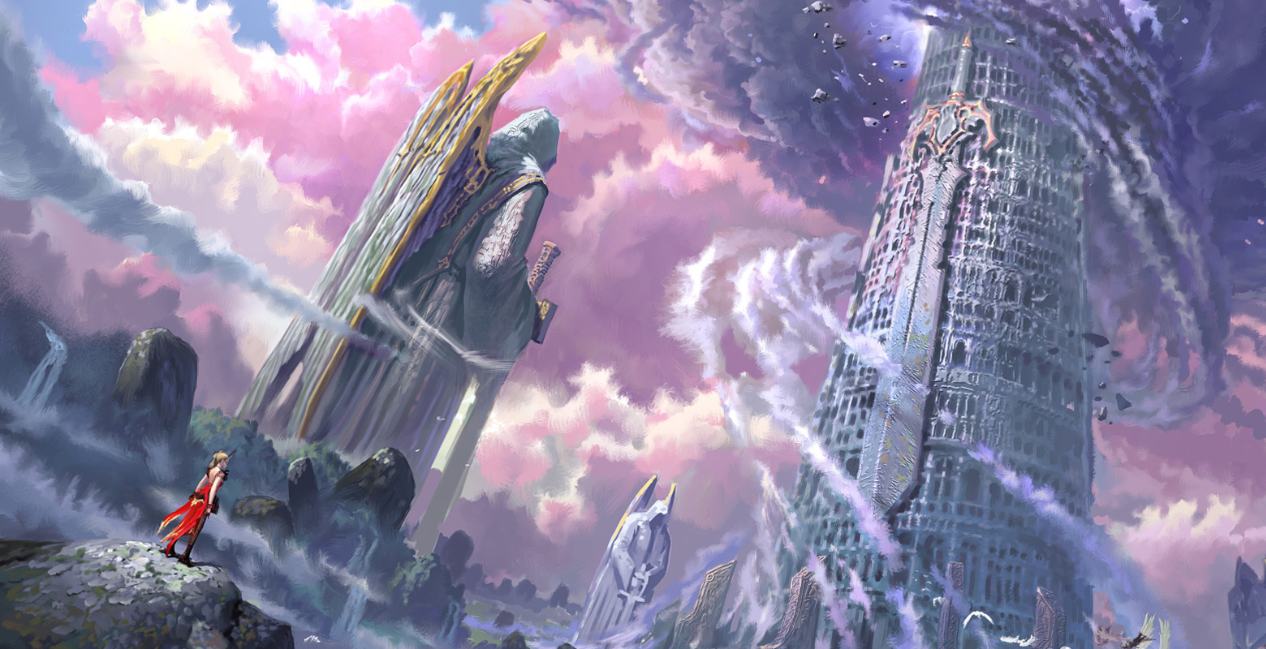
And in order to play Korean games, someone has to bring them over to North America. That’s where NC Soft steps in. As the Western publishing arm of NCSoft, NC America is self-publishing titles like Lineage II (and upcoming update Project Wolf), Aion, and Blade & Soul Neo. Additionally, JJ explained that NC America is also working on expanding their in-house titles that are currently being developed by the NCSoft team as well as working on some third-party titles with studios that include the global publishing rights for their titles.
The smallest way to describe her role is getting players to play more Korean games. As CEO, JJ wears many hats and focuses on NC America’s core business while also working closely with parent company NCSoft on its expansion into Western countries.
JJ explained her role, “Currently, our self-publishing business only includes MMORPGs, and on PC, we support a couple of mobile games. However, we’re not doing much in the way of live operations. We’re trying to expand to more titles on more platforms and from more genres. That’s my goal at NC America. But I’m also helping headquarters with core development efforts like investment or M&A discussions for the US and European markets. I’m working very closely with Korean headquarters to further the Western business expansion.”
When it comes to JJ and NC America’s core pillars, they’re fairly straightforward. The first is to Rebound. “First of all, I wanted to make a rebound in all our live service titles that NCSoft has been running. There are these really big MMORPGs like Lineage II, Aion, and Blade & Soul in the West, but we could be doing better.”
She continued, “I think these IPs are strong. I love Lineage II’s storyline, and I love Aion. Aion set a new example as an MMORPG in the market, and Blade & Soul. I still remember when I first saw that game nine years ago. It’s a very unique and stylish MMO that is deeply based on martial arts. And even the users are very unique. I actually think there is something very unique to this IP, and that’s why I wanted to launch Blade & Soul Neo as soon as it was launched in Korea last October.”
“The team did a really great job putting together everything to launch really quickly. I had to tell the team, ‘We should go fast because I think there are a lot of opportunities, and I don’t wanna lose that momentum.’ The games are also already kind of old, with Blade & Soul already being nine years old in the US, and I really wanted to revive the community and revamp sooner rather than later. We launched Blade and Soul after seeing some results in Korea, and it was only months after the Korean launch… I’m really proud of what we did,” JJ said.
But after rebounding older titles, JJ also has eyes set to Expand, the second pillar of her approach as CEO of NC America. “We want to expand to more platforms. We currently only have PC titles that are running on Purple, our own PC platform, but I am also having discussions with the team to take out games to more platforms,” JJ explained.
“We are also trying to expand to more genres. Now, this is something that is more long-term since we can’t just have [a meeting] next week and say ‘Hey, make sure there is a new shooter,’ but we are working on more projects so that we can expand and so that we can build a good games company here with a game that players like, respect and are excited about,” she continued, “I really hope to build a games company where I hear players say, ‘I’m so excited about NCSoft’s next title’ or ‘I can’t wait to see what NCsoft is working on.’ I really want to build a good brand here. To hear that would mean a lot.”
But where does Latin America fit into NC America’s plans for the future?
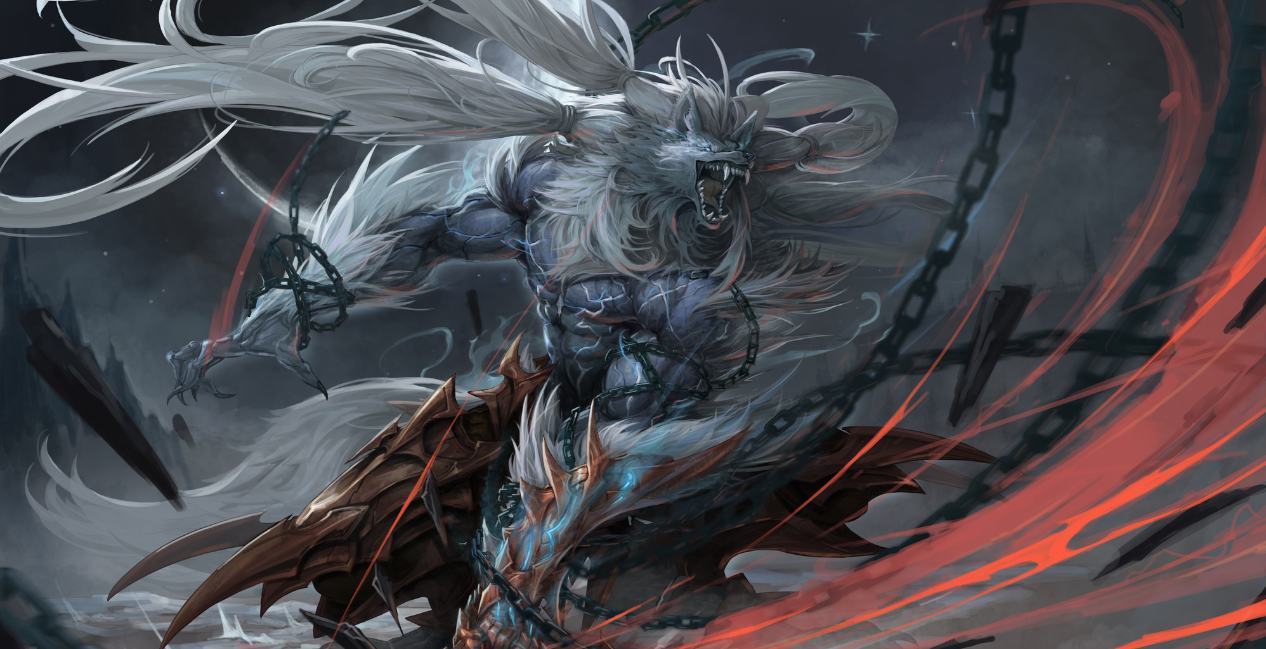
While it’s easy to think of the United States as the whole of America, the truth is that the Americas as a region (NA and LATAM) actually stand as a large opportunity for engagement in games. And when you take into account that Latin America’s population is one of the largest consumers of Korean entertainment, it fits. When asked about the expansion of their plans beyond only the US and Europe and into Latin America, JJ had this to say:
“Currently, we are trying to cover all of the Western region, but it’s big. So, I think our biggest focus is the North American region specifically. [This isn’t] because it’s the most important but because we [have our offices] here. For some of our games, like Blade & Soul and Blade & Soul Neo, we are actually covering both North American and European regions, so we have both an NA server and a European server. [Still], we do have a lot of players coming from Brazil and Latin-American countries, and we hope we can serve those countries better and we will. However, I think we’re still on the way to get there.”
JJ continued, “We want to cover more regions, especially Latin American regions. I’m personally very interested in learning about the market. I’ve always been interested in learning about growing markets. We are always working in the future and I am always looking where the opportunities are right now. But of course, we have to see where the money comes from right now, but I’m always interested in learning how we can build the business further and learn where our new opportunities are. Brazil and other South American countries are always the regions where I hope we can improve our titles. There are so many players there, and to be honest, the market is underserved.”
Latin America is one of the fastest-growing markets for video games, especially as mobile games take giant leaps into esports and with deeper titles. But fast growth also means that companies located outside the region need to approach expanding into it thoughtfully, which is top of mind for JJ, “Many publishers, including us, don’t completely understand each local market fully, and you have to. You can’t take the whole continent and expect one strategy because every country is different.”
She elaborated, “If you feel like Asia, Korea, China, and Japan are all very different, you really cannot strategize or have one strategy for all Asian regions, and the same goes for all the American or European countries as well. I think it’s exactly the same for all the Latin American countries. So I think a lot is going on in there that we need to ensure we serve the market the best way that we can.”
Meeting their players where they need to is key to NC America’s approach to building audiences. And it’s a mammoth undertaking for such a small team, as JJ shared, “When I joined NC America, we had a very small and very lean team. And still, we are very small, under 40 people. And still, we are working on multiple titles and big MMORPG titles, too. But I’m trying to see where actually we can grow our capabilities first and next, so we’re just trying to go step-by-step.”
The Blade & Soul Neo launch was a test for CEO JJ and her team at NC America.
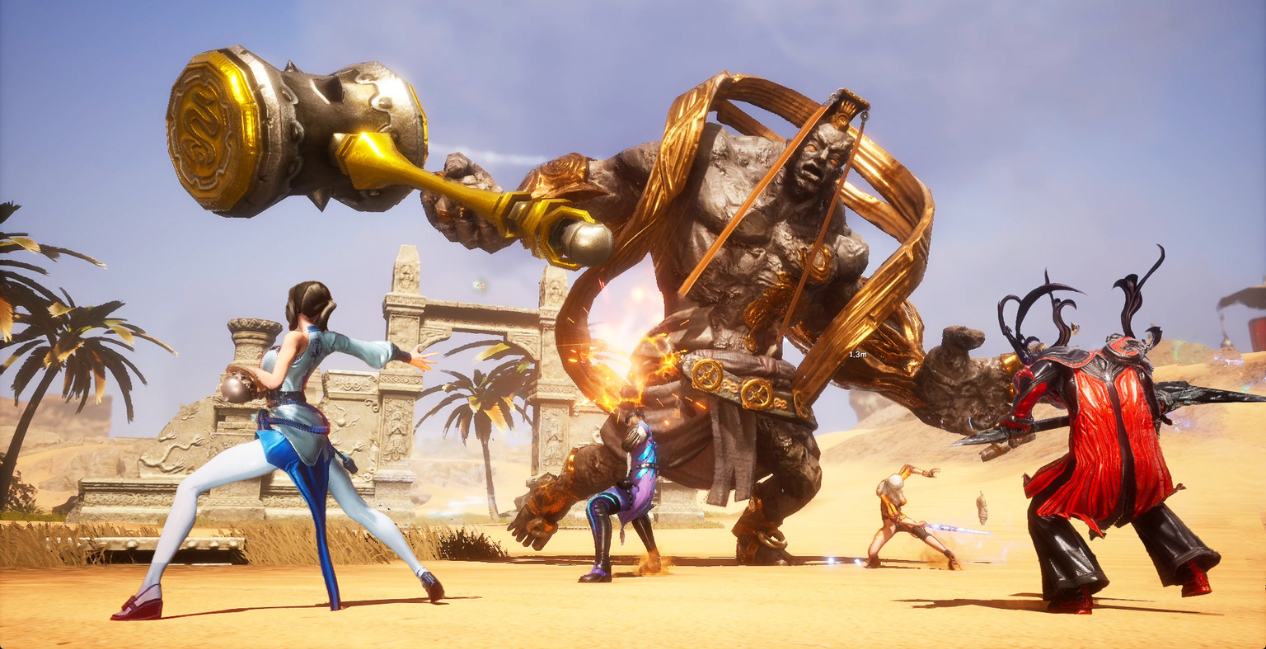
While we spoke a lot about the future of NC America, we switched gears to talk about what she and the team learned from launching Blade & Soul Neo. And to start, JJ is just proud of her team. “When I stepped in,” JJ explained, “There was already a team. NC America was a brand-new studio that was established almost two years ago. I stepped in as the CEO when the team was already one year old, and they were still servicing Lineage II, Aion, and Blade & Soul as a very lean team. Then I came in, and I told them that we had to do more!”
JJ laughed and continued with a wide smile, “All in all, we are doing great. Every one of us at NC America is trying very hard to make it work. No matter what, I think we see the opportunities and keep going. I think for us and [other developers and publishers in the industry], we’ve seen many ups and downs. Well, mostly downs. This hasn’t been the greatest era in the gaming industry when I first joined NC America. But when I talk about plans, I always talk about what we have and our strengths. What do we have? We have great content. I think our games are really good.”
She continued, “MMORPGs are a very complex genre, and the fans of the genre are very diverse. There are PVP players, solo players, and people who just want to do raids; they are all different. In fact, there are so many voices that it will always be hard to make every player happy, so our job is to collect feedback and listen to the players. All by trying to make our games better. But it’s a very ongoing [process].
For the NC America team, Blade & Soul Neo was a sprint, but it was also a test of what they could do together. JJ explained, “When we decided to launch Blade & Soul Neo, we put together a very tight timeline for everything, but I also think that we wanted to test ourselves. And it worked! On day one, we had a smooth launch, and for MMOs, the servers were very stable.”
Then, the servers suffered a DDOS attack, and JJ and her team found themselves having to respond to the community who were frustrated with the servers, but also work hard to keep the attackers at bay. “We started getting DDOS attacked since [mid-March],” JJ elaborated. Speaking during GDC, the attacks have now been cleared, but the impact on the team was one that pulled them together.
She continued, “We were being attacked, and it’s not our server’s fault. Our team has been doing a great job of trying to stay on top of it, but the attackers just keep doing more and more. I wish people knew that live service games take a lot [to run] and make them look good. A lot is going into live service for MMORPGs and sometimes things look great, and other times they don’t look great. But I hope that our players remember that we are trying our best.”
Still, even the DDOS attacks didn’t dull the pride that JJ feels for her team at NC America and what they accomplished with the launch, “I think I’m still very proud, and we just passed the first test that we put for ourselves [as a studio], and I feel great. I’m very positive, so honestly, even when we were getting DDOS attacked, I was telling our team, ‘Yes, we are being attacked, but that’s cool because usually they only attack big guys and not small guys. This means something!'”
JJ added, answering the question a bit more directly, “I have learned a lot about my team and myself and how to always be positive and helpful. I really want to keep pushing forward like this. This year, we have a lot that we want to do, but when the team is still lean, we don’t want to spread ourselves too fast. I’m happy about everything, even when there is a problem; our job is just to fix it. ”
JJ is planning to expand NC America’s genres, but MMORPGs still have a special place for her.
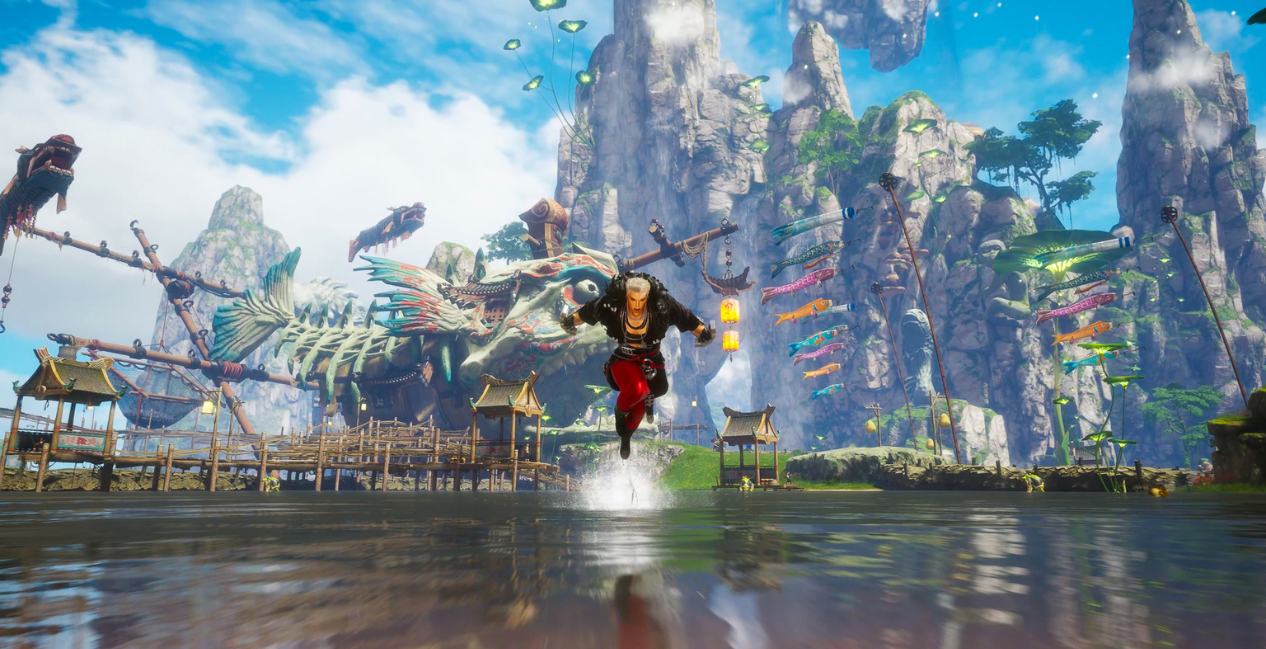
As a CEO of a company known for its MMORPGs, it should be no surprise that the genre is one of JJ’s favorites. When we discussed her career in the game industry, her care for MMOs and hardcore games rang out loud and clear. More importantly, her respect for development teams was even louder.
“I love playing MMORPGs,” she said, “I always wanted to be in like hardcore games space for some reason. I think when I saw the developers working on MMO games, or even shooters or other hardcore games, I always thought it’s amazing to be able to make such cool games, period. Like for MMO games, there are so many components, and I always felt like [the developers] are geniuses. I’d think, ‘I definitely cannot do this big operation.'”
She continued, “I always felt like it’s really just kind of conducting an orchestra like there are so many different musical instruments, and then there’s this really great composer. But still, the song can be ruined somewhere, and you have to constantly keep everything in line. If somebody makes a little mistake, what people hear is a little weird noise, and people are gonna say, ‘That was not great.’ There are so many components there, big and small, but somehow, we really have to work together.”
Where JJ knew she couldn’t be a developer in the sense of programming or directly creating the game, she could use her skills in business to support the projects and people she cared about. “I was really just amazed by these developers, and I always wanted to work with great creators. For myself, I always wished that I were to be a little more creative, but I can’t help like that. But not all developers can do business as well as I can, so I’m here, supporting them.”
“Game designers, programmers, and artists can really create something great, and then my job is to help that product be loved. The more I did it, the more I actually realized that I could do this well because I was passionate about these games, especially MMORPGs. I am lucky because I got to meet very good game developers who helped me, and I wanted to help, too.”
With Blade & Soul Neo launched, and already one update in, NC America’s future is bright. Whether it’s their CEO’s respect for the development process, a rarity in today’s industry, or their thoughtful approach to regional expansion, I’m excited to see what the future holds for the company and its games.
As we step back and think about how the interview started, it’s important that we work to engage with Korean titles as video games, as fun, and as creations that speak across cultures. It’s also important that we remember that every step forward paves the way for the person, studio, or game behind it, and NC America is looking to pave as much runway as it can.
Lineage II, Aion, and Blade & Soul Neo are available to play now on PC via Purple, with Lineage II: Project WOLF releasing April 14, 2025.



